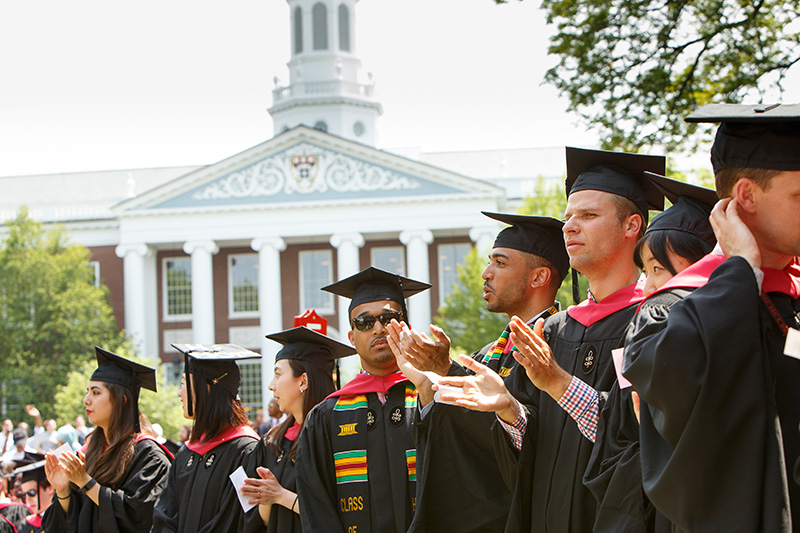
Creating a more general deep learning algorithm for galaxies
Machine learning is a popular topic in most industries these days, and it will come as no surprise that this is true for astronomy and astrophysics as well. University of Colorado PhD student Avery Schiff explores how a deep learning algorithm is being used to classify galaxy morphologies in this article from graduate student astronomy journal Astrobites.








